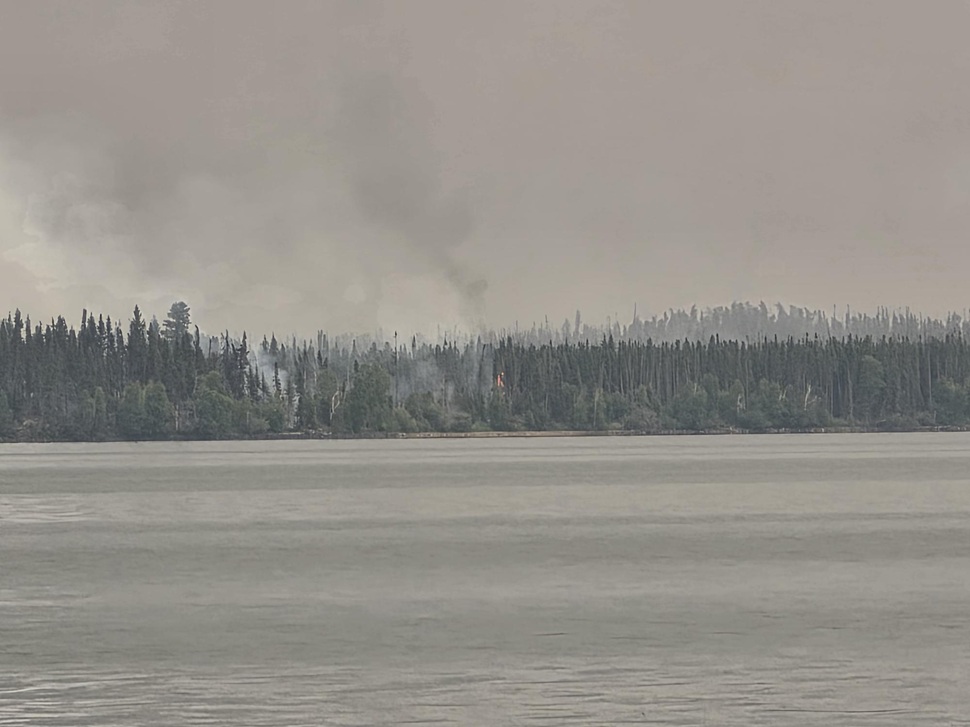The wildfire smoke that has been a recurring and unwanted guest across southern Saskatchewan has officially put July 2025 into the record books.
“Using data from Regina, the previous smokiest July was just last year, in July of 2024 with 103 hours of smoke,” said Environment and Climate Change Canada meteorologist Crawford Luke.
“As of today, in July 2025, we’re at 104 hours of smoke, so 2025 is now the new record holder for smokiest July on record.”
The official source of the data is from Regina, as it’s the nearest location with 24-hour air quality monitoring, but Luke noted that conditions found in Moose Jaw are similar to those found east of the city.
“We’ve got a couple of sensors in Moose Jaw there, and they and they look comparable to what we’re seeing in Regina.”
We’ve experienced several days of persistent hazy conditions recently, and that has kept Moose Jaw’s air quality at levels one would be hard pressed to call ‘optimal’.
Luke explained that the culprit for this most recent bout of low air quality is a lingering high-pressure system keeping the smoke over the eastern prairies.
“It’s just kind of hanging around,” Luke said.
“It’s basically just trapped under this high pressure that’s passing through... it kind of has nowhere to go.”
While the smoke hasn’t pushed current levels into the higher risk thresholds on the Air Quality Health Index, conditions are firmly in the moderate risk zone for a good chunk of the province.
“It could definitely be better,” Luke said.
“People who are at risk or predisposed to respiratory issues would probably still want to be taking note of this, but it’s certainly not as bad as we have seen the past few weeks, which is good news.”
He added that while conditions worsen in the northern reaches of the province, as well as into Manitoba and Ontario — closer to the active wildfires — Moose Jaw itself could be in for a reprieve.
“By Friday or Saturday, (the high-pressure system is) going to be more centered over Minnesota (and) Wisconsin. Right now, it’s right over Saskatchewan,” Luke explained.
“As it moves further east, the smoke might not be as trapped, and we actually get into a south wind behind it.”
Luke noted that current models indicate that southerly winds could provide several days of considerably less smokey conditions, including the upcoming long weekend.
This year’s summer, which has been defined by a considerable number of wildfires, has already left its mark. While August 2018 still holds the top spot for all-time smokiest month— with 105 total hours of smoke — we are just one hour shy of toppling the record.
“We could tie that record,” Luke said.
“Not sure that’s going to happen, but something to watch.”
In the meantime, Luke is optimistic about the steadily improving conditions, noting that this weekend should be a good opportunity to enjoy the outdoors, despite scattered showers in the forecast.
